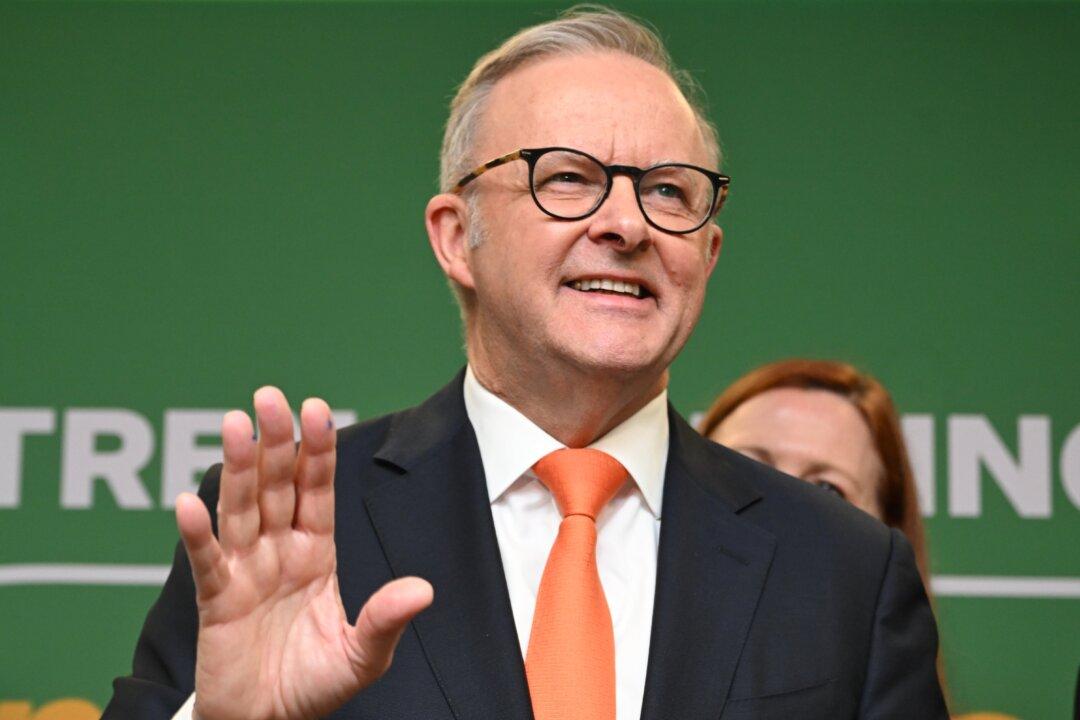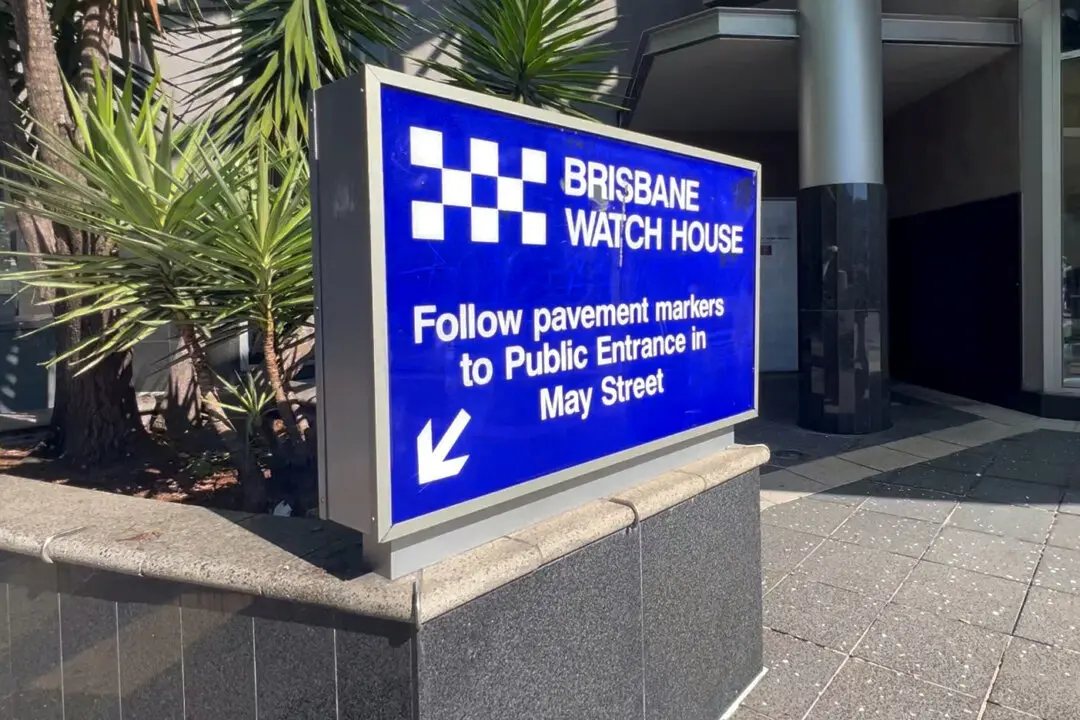Australian Prime Minister Anthony Albanese says he won’t be “throwing the baby out with the bathwater” any time soon when it comes to the nation’s relationship with the United States.
The comments come the day after U.S. President Donald Trump announced that 75 countries globally would be subject to a minimum 10 percent tariff on good entering the States.





